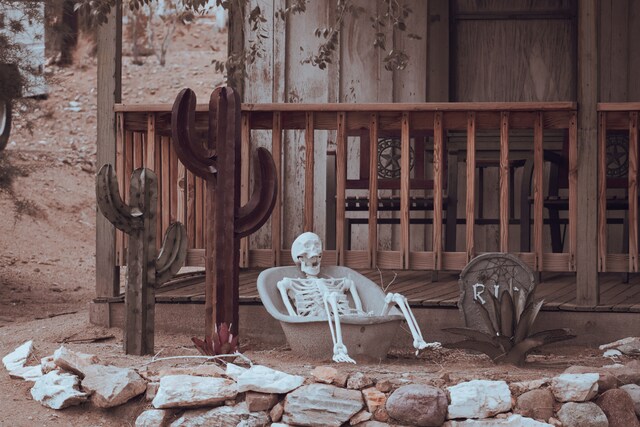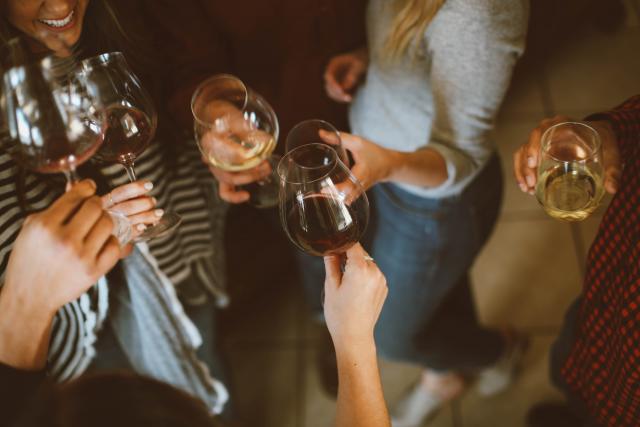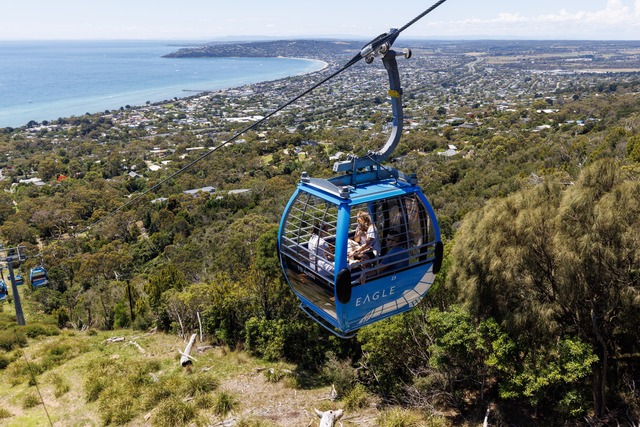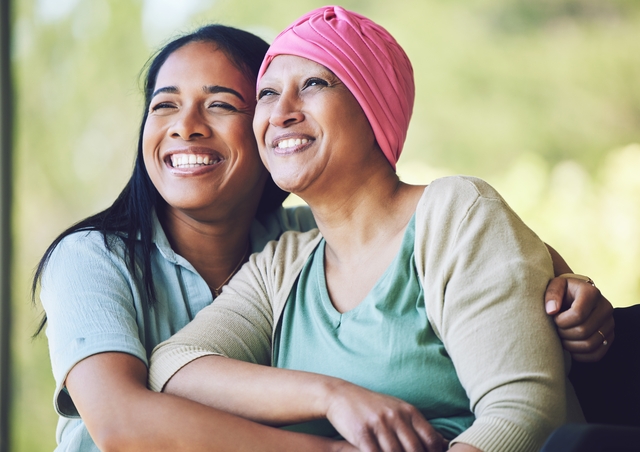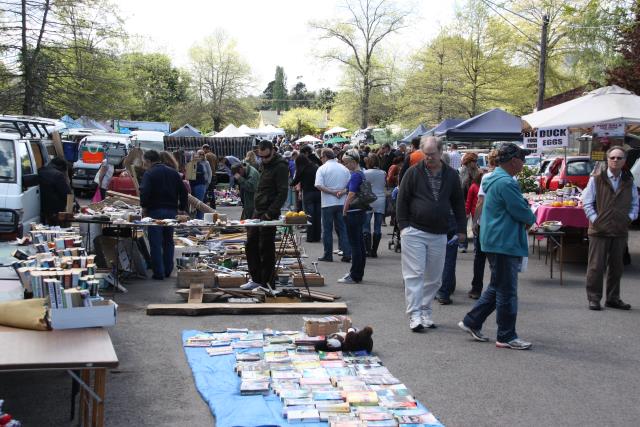In a world where death is often considered a taboo topic, a growing movement is providing a space for people to talk openly about it.
The Belgrave Library hosted a ‘Death Café’ on friday 8 November at 10am – an event held once a season.
Death Café facilitator and end-of-life doula Kerry O’Leary became an end-of-life doula after attending a Death Café in Selby in October last year.
She said while the concept is still not widely known in Australia, the interest is definitely growing.
“In our culture, people are often hesitant to talk about death,” Ms O’Leary said.
“There’s this idea that discussing it is ‘morbid’ or that talking about it might ‘jinx’ us, but the reality is, death is part of life, and we all have to face it eventually.”
Her goal was to create a supportive and informal space where people come together in a relaxed, café-like setting to share their thoughts, experiences, and fears about death, without feeling dismissed or ignored.
The Death Café concept was first introduced in London in 2011 by Jon Underwood and Sue Barsky Reid, based on the ideas of Swiss sociologist Bernard Crettaz.
The idea quickly grew into a global movement, with over 70 countries now hosting these gatherings.
As a trained end-of-life doula, Ms O’Leary helps people who are nearing the end of their lives with emotional support, planning, and practical guidance.
“One of the things I realised early on is that there’s a huge gap in supporting people at the end of their life,” she said.
“They might have medical care, but they also need emotional and practical support – someone to talk to, someone who can help them process what’s happening, and someone who can help with all the details.”
She’s running these Death Café sessions is to break the silence around death and offer a space where people can feel comfortable discussing it, whether out of curiosity, concern, or personal experience.
“The Death Café is just about talking, it’s a fairly relaxed, informal environment where people can share whatever’s on their mind regarding death – there’s no agenda – we just start with a simple question, like ‘What brought you here today?’ and the conversation flows from there,” Ms O’Leary said.
The Death Café events are open to anyone, regardless of age or background.
“We’ve had all kinds of people attend – from young adults who are anxious about death to people from different cultures who want to share how death is handled in their community,” she said.
It’s fascinating to hear how different cultures approach death, and it often helps people reflect on their own views and experiences.”
While the sessions are not intended to be grief support groups or counselling, they provide a valuable space for people to share their feelings and learn from others’ experiences.
“It’s not about giving advice or offering solutions, but rather it’s about listening, connecting, and allowing people to process their own thoughts in a safe, non-judgemental space,” she said.
The events are held quarterly at the Belgrave Library, with tea and coffee provided, and Ms O’Leary usually brings the cake – as per the Death Café’s charming rule that “cake is a necessity.”
“I always bring cake, because it’s part of the ritual, it’s a simple way to make the space feel warm and welcoming, and it helps break the ice,” she said.
While the events are free, attendees are encouraged to make a gold coin donation to help cover the cost of refreshments and cake.
“We ask for a gold coin donation, but it’s really about the conversation, not the money – if people can’t donate, that’s completely fine – everyone is welcome, no matter what,” Ms O’Leary said.
The end-of-life doula’s goal is simple, to make conversations about death as natural and comfortable as any other.
“We don’t often get the chance to talk about death in our everyday lives. But it’s something we’re all going to face, and the more we can talk about it, the less scary it becomes,” she said.
“By hosting these sessions, I hope to make the end-of-life journey feel a little less daunting for everyone involved.”

